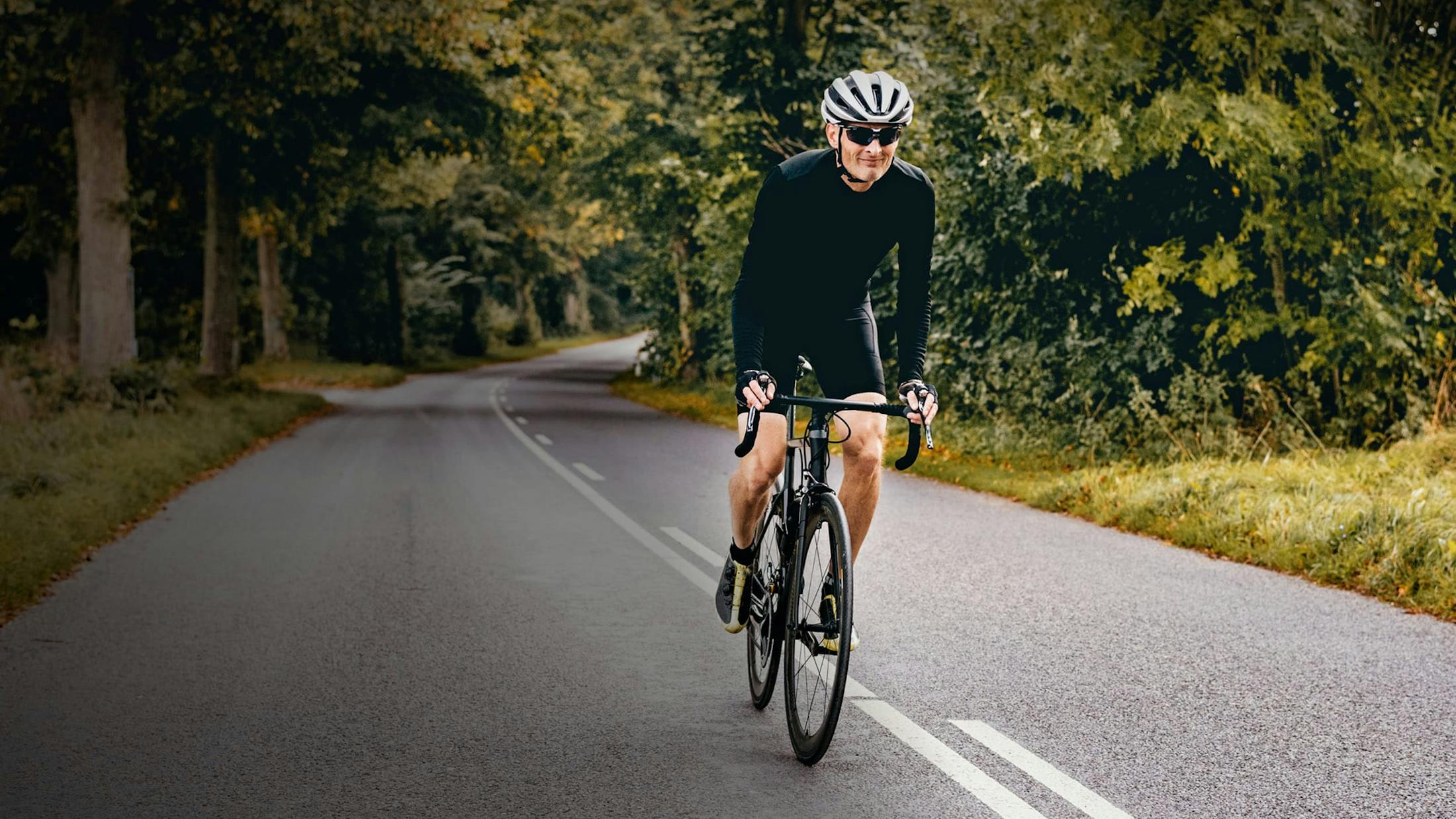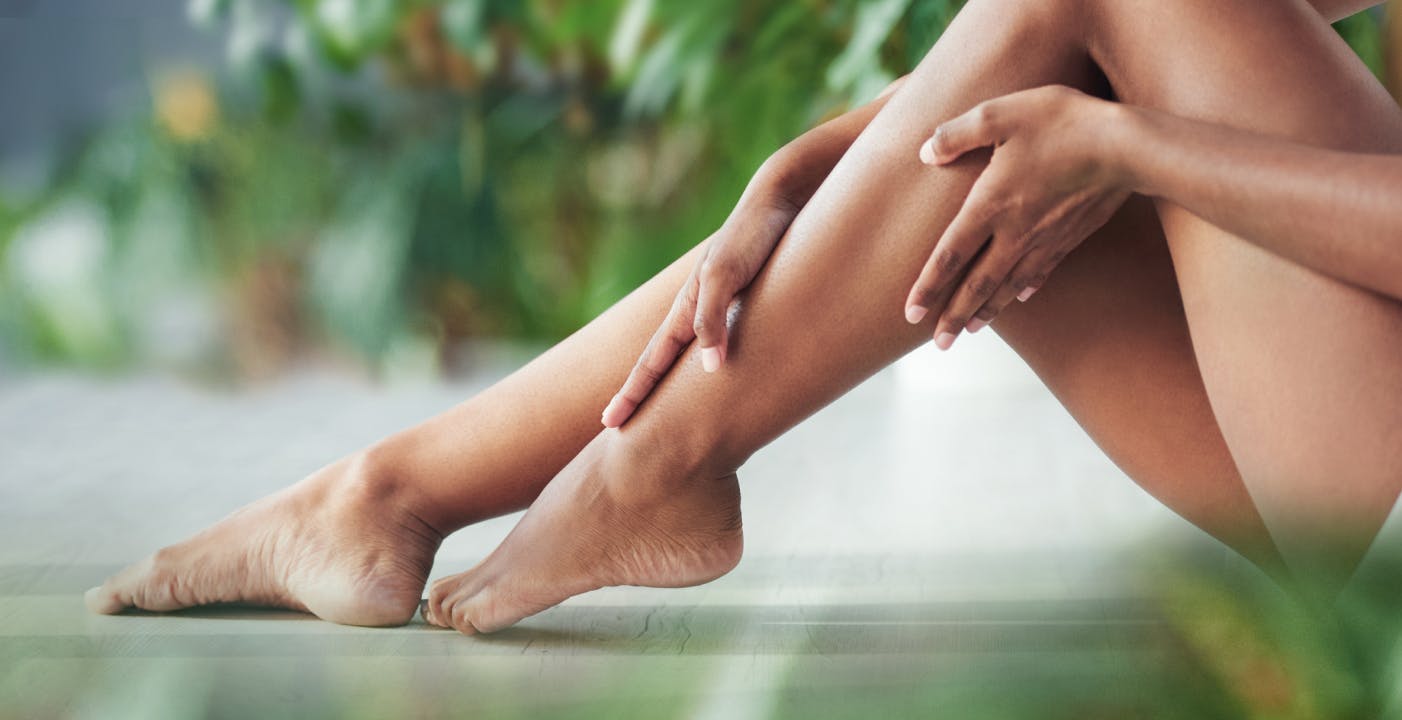New Jersey Manhattan White Plains Long Island
Vein Specialist Centers Expert Care for Spider & Varicose Veins

Quality Vein Care for All Your World-Class Vein Centers
The Vein Specialist Centers are world-class vein centers in New Jersey and New York specializing in spider and varicose vein treatments for men and women. Using a combination of Ivy League experience, innovative technology, and cosmetic artistry, our exceptional team of board-certified vein specialists strives to provide the most positive experience.
Ethical Vein Treatment About Vein Specialist Centers
The Vein Specialist Centers are the first of its kind to have established a multi-specialty approach to treating spider and varicose vein disease. In bringing together board-certified experts in both vascular surgery and cardiovascular specialties, we have developed a unique model for vein treatment. Our vein treatment centers source the best vascular specialists in New York and New Jersey and establish a balanced approach in designing the optimal plan for each patient.
Customer Testimonials Hear what our patients have to say...
Dr. Smith is amazing! He fixed my open veins and is kind and understanding! He explained everything thoroughly and eased my fears. He is the greatest! Thank you, Dr. Smith!
PHENOMENAL!!! Dr.Rios is simply the best. She definitely is the queen of veins!! Very professional and makes you feel so comfortable during your visit. If you ever need your veins treated, please seek...
I recently visited Dr Siddiqi for concerns I had with veins in my leg. During the visit, Dr Siddiqi informed me that he was out of network for my insurance. However, he directed me to another reliable...
Dr. Smith is very professional and always had time to explain in detail the procedure and next steps. Showed overall confidence and humanity. Also, a special thanks to all staff I met, who were always...
Dr. Rios is an amazing doctor; thorough, kind, skillful, and caring. Always on time, and the results speak for themselves. Her staff is courteous and efficient. I would absolutely recommend her to any...
Besides being a phenomenal vein surgeon, Dr. Siddiqi is one of the kindest doctors I have ever met! He truly knows his patients and takes time to explain every step of every procedure prior to beginni...
I feel like a new person. Since visiting the Vein Center, my pain, swelling, and leg cramps are gone. The staff was professional and accommodating. Dr. Smith was excellent. He explained each procedure...
I am very satisfied with the service in the vein specialist centers with Dr. Faisal Siddiqi. I Appreciated the time he took to explain the process, the outcome, and a financial expectations. I had spi...
Play Denise Mason Testimonial Video Varicose Vein Procedure
The Conditions We Treat...
View All Treatment OptionsPelvic Venous Congestion
A condition that causes chronic condition that occurs in women when varicose veins develop in the pelvic area. Up to 30 percent of women with chronic pelvic vein suffer from pelvic congestion syndrome.
Explore Pelvic Venous Congestion
Spider Veins
Unhealthy veins just underneath the skin, most commonly located on the lower extremities. They’re usually blue, red, or purple in color.
Explore Spider Veins
Varicose Veins
Enlarged or unhealthy veins that are normally red or purple in color. They arise due to high pressure in veins slightly deeper within the leg.
Explore Varicose Veins
Venous Insufficiency
A circulatory disorder that normally occurs in men or women of any age. It is the root cause of spider and varicose veins associated with leg heaviness and discomfort.
Explore Venous Insufficiency
Deep Vein Thrombosis
Commonly overlooked at inexperienced vein clinics, disorders of the deep venous system often include deep vein thrombosis and obstruction of the vein from scar tissue or compression.
Explore Deep Vein Thrombosis

Dr. Simon Smith
Drexel University
Dr. Simon Smith maintains five board certifications, including cardiovascular medicine and Vascular Ultrasound Interpretation (RPVI). His post-fellowship focus has been on the diagnosis and treatment of vascular disease and varicose veins. Dr. Smith is a well-respected vein specialist and expert with the latest technologies.
Dr. Claudia Rios-Datta
Universidad Libre De Cali
Dr. Rios-Datta pioneered cryo-sclerotherapy, quickly turning spider vein treatments into pain-free, minimally invasive outpatient procedures in 2000. As a result, the media crowned her the “Vein Queen” during its coverage of the breakthrough medical advancement.
Learn More About Dr. Rios-Datta
Dr. Faisal Siddiqi
Yale University
Dr. Faisal Siddiqi is the medical director of our vein treatment centers in New Jersey. He has consistently been voted as a Top Doctor in New Jersey by Jersey’s Choice and Castle Connolly. As one of the best vein doctors in New Jersey, Dr. Siddiqi proudly offers the latest technology available for spider and varicose vein treatments.

Multispecialty Vein TreatmentAbout Cosmetic & Medical Vein Treatment
At The Vein Specialist Centers, we offer advanced cosmetic and medical vein treatments to help our patients achieve healthy and beautiful legs. Our team of experienced vascular surgeons and cardiovascular specialists work together to provide comprehensive care for spider and varicose vein disease using the latest minimally invasive techniques and state-of-the-art technology. Whether you seek treatment for cosmetic reasons or underlying medical issues such as pain, swelling, or blood clots, we are committed to providing personalized care that meets your unique needs and goals. From initial consultation to post-treatment follow-up, our team ensures you receive the highest quality care and achieve the best possible outcomes.
Find the location nearest you
With locations across New Jersey and New York, we ensure you have top-quality vein care right where you live and work. You can book an appointment near you using our convenient map.

NYC
635 Madison Avenue, Suite 1400
New York, NY 10022

White Plains
55 W. Red Oak Lane
W. Harrison, NY, 10604

Clifton
905 Allwood Road, Suite 105
Clifton, NJ 07012

Manalapan
50 Franklin Lane, Ste 102
Manalapan NJ 07726

Paramus
2 Sears Drive, Suite 101
Paramus, NJ 07652

Princeton
10 Forrestal Rd S, Suite 201
Princeton NJ 08540

Clark
1457 Raritan Road, Suite 203
Clark, NJ 07066

Wayne
342 Hamburg Turnpike, Suite 203
Wayne, NJ 07470

Livingston
22 Old Short Hills Rd, Suite 111
Livingston , NJ 07039

Teaneck
197 Cedar Lane, Suite 2
Teaneck, NJ 07666

Woodbridge Township
1200 Greene Street
Woodbridge Township, NJ 08830

Syosset
115 Eileen Way
Syosset, NY 11791

Great Neck
560 Northern Blvd Suite 204A
Great Neck, NY 11021

Jersey City
2520 John F. Kennedy Blvd Suite C1
Jersey City, NJ 07304

Tinton Falls
55 Gilbert St N, Suite #1101
Tinton Falls, NJ 07701

A Premier Vein Treatment Center
Attention
Individualized attention from a board-certified vein specialist
Environment
State-of-the-art, comfortable and welcoming environments
Treatment
Minimally invasive, advanced outpatient procedures
Technology
The latest technology assures the best possible outcome

Vein Screening Form
Do you have questions about your vein health, or are you experiencing symptoms that concern you? Take a minute to fill out our vein screening form and receive a personal response from one of our vein specialists.

Your Visit
Our expert team will tell you everything you need to know to prepare for your visit.

FAQ
Learn more about vein disease and treatment by visiting our frequently asked questions page.




